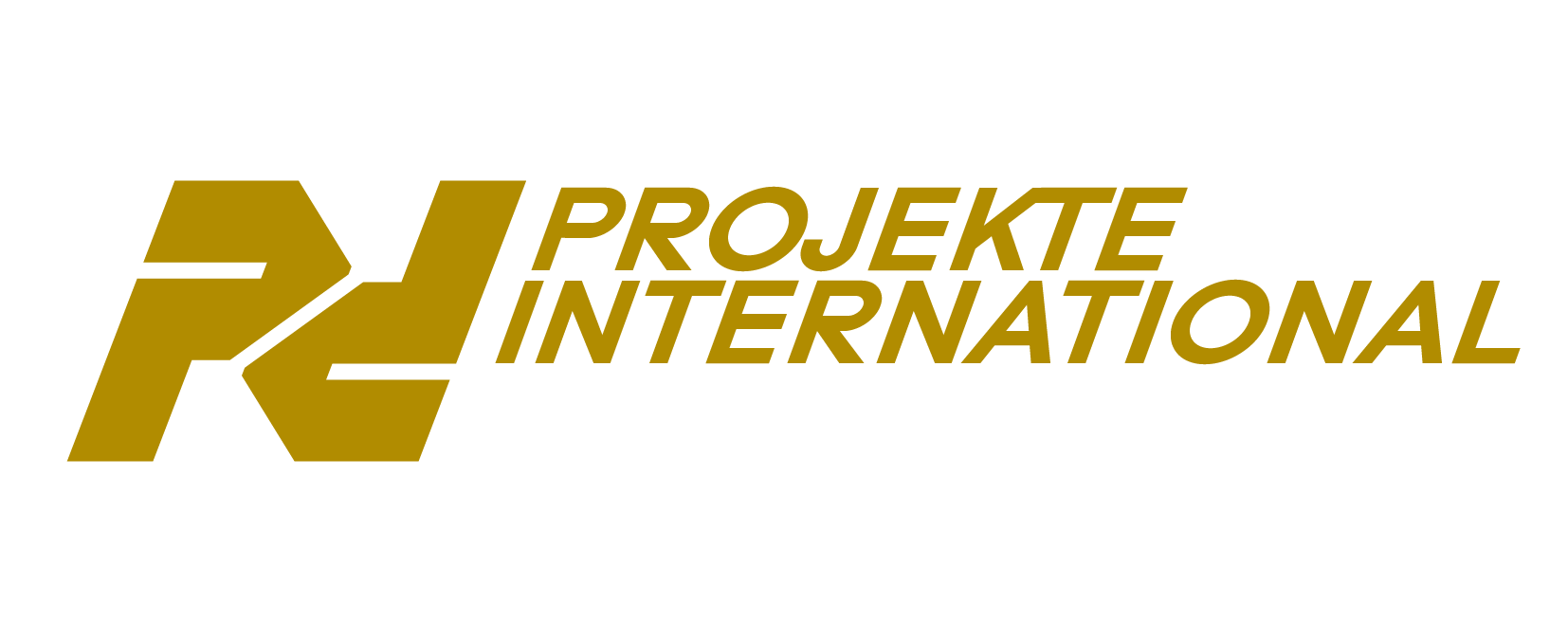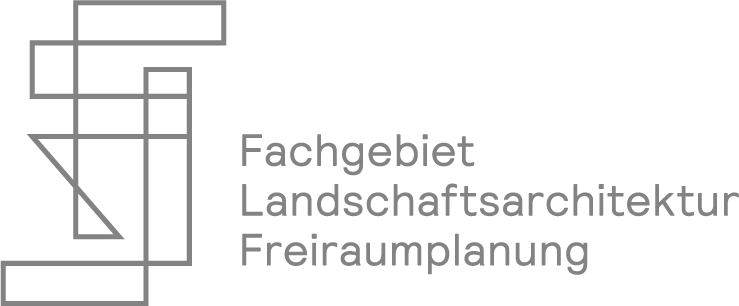SPECULATIONS! with
PolyUrbanWaters
by: Ania Wilk-Pham, Researcher and Doctoral Candidate, Habitat Unit, TU Berlin, PolyUrbanWaters
SPECULATIONS! Series
Published on January 7, 2021
What role does infrastructure play in shaping future-proof and liveable cities?
"Infrastructure plays fundamental role in the future development of cities. We believe future-proof and livable spaces cannot be developed without strategically planned infrastructures. The operation of a complex, multi-layered systems such as urbanized areas relies on resources, processes, services and relationships which are enabling the functionality of urban society. Current research has proven that world human civilization will not be able to benefit from available resources if there is no capable infrastructure that will ensure its sustainable management."
Map of existing water system in Sleman © Philipp Winter
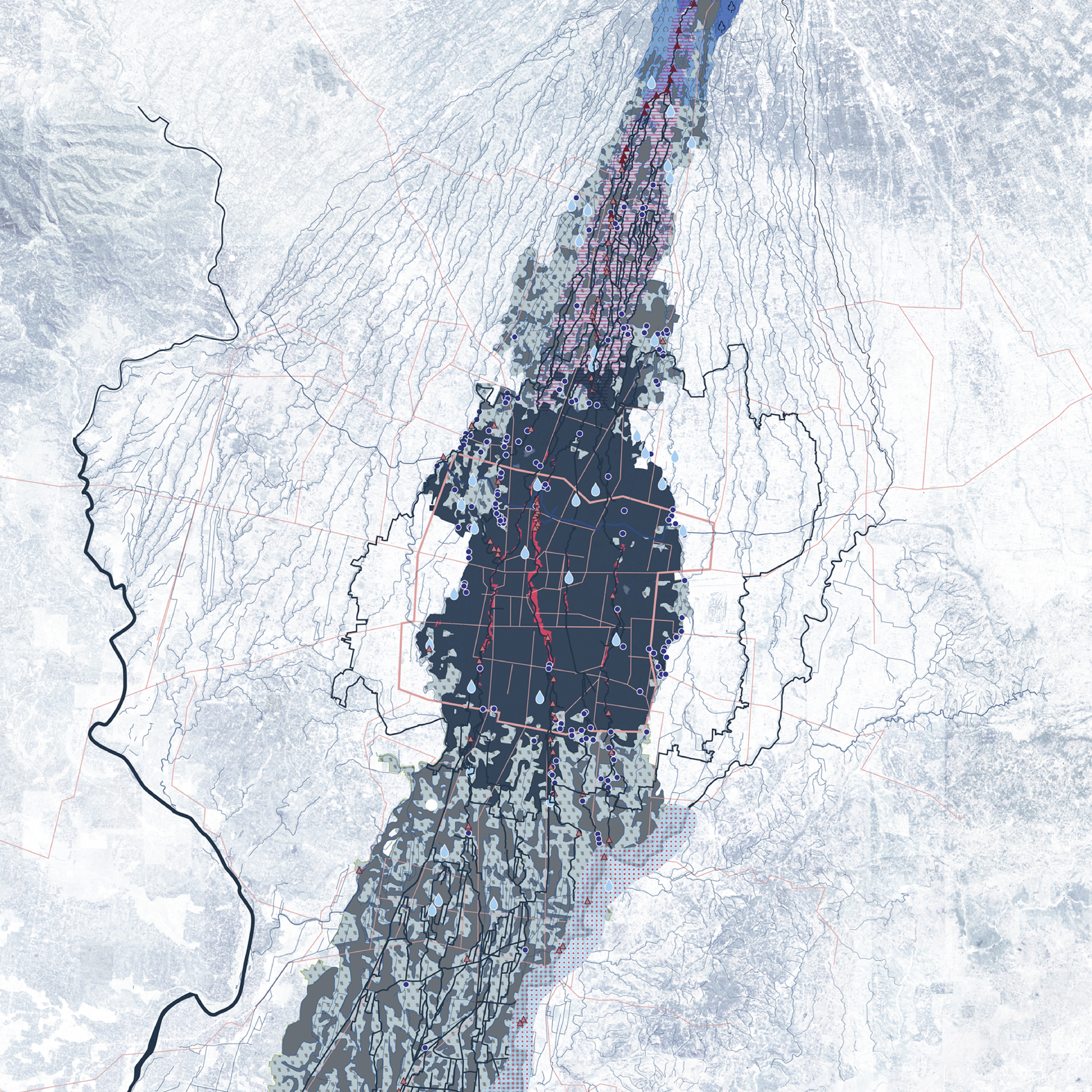
How do infrastructures need to change and reconfigure in light of global and local challenges?
"To be able to create sustainable and adaptive solutions that will last for decades and hundreds of years and during ongoing transformation processes, we need to be able to think of infrastructure as a wider theme. A theme that requires a global perspective to understand its complexity and cross-sectoral similarities, but whose roots lie at the local level. Bottom-up approaches have potential for creating flexible and transferable solutions that can be locally adapted to face multidimensional challenges."
The center of Kratié city during rainy season © Adrian Hudgson
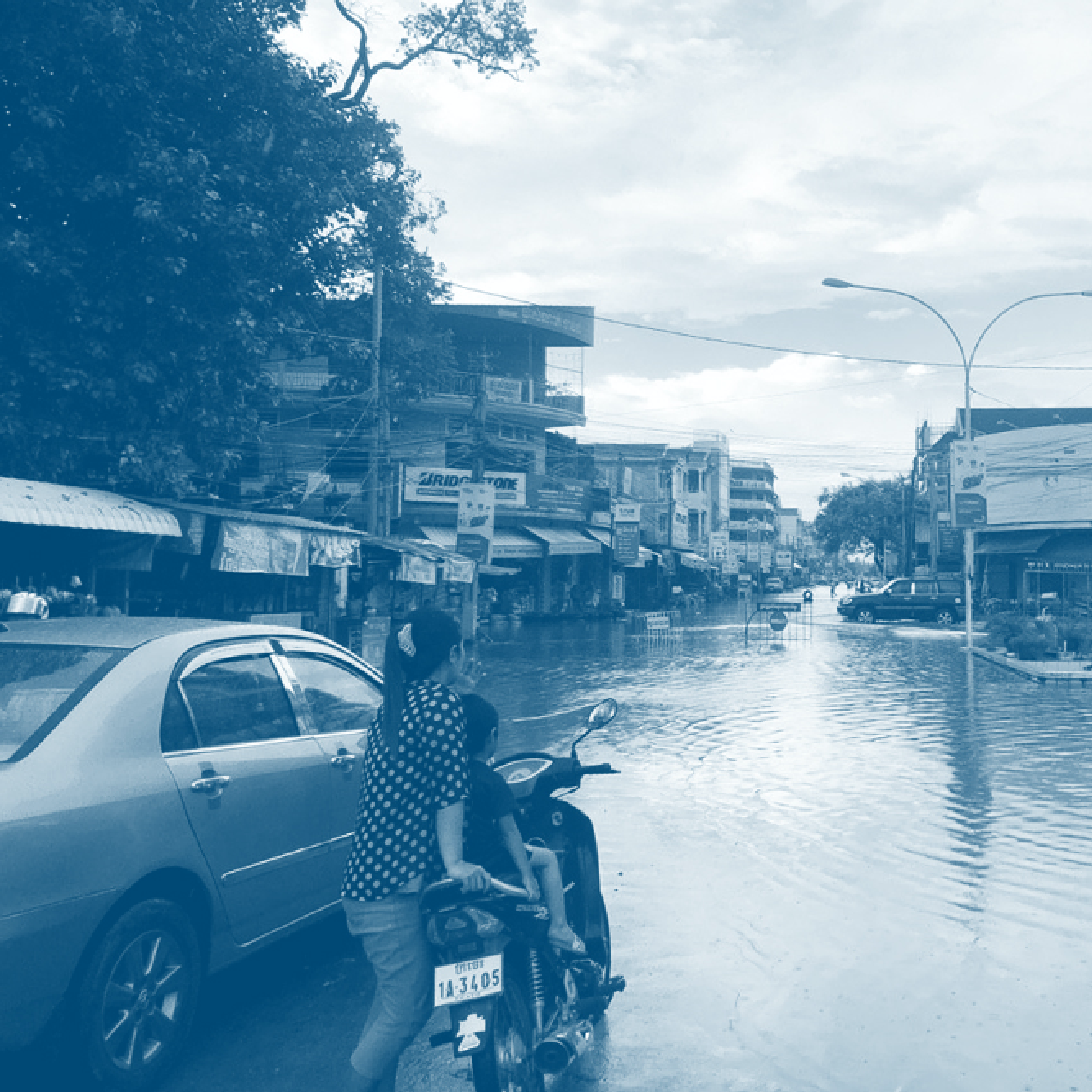
Which infrastructure is being neglected, has to be maintained, created or cancelled?
"Cities – places we created - need to respect and preserve natural balance of ecosystems. But how to do it in the times of rapid urbanization, often reactive planning and housing shortage for growing population? Good set-up for inter-sectoral infrastructure and cooperation gives an opportunity for more sustainable, future oriented planning. Innovative solutions created through co-production give more potential to bring back the natural balance, healthy environment and livable places for current and future civilizations."
Flood prone neighborhood in Kratié, Cambodia © Ania Wilk-Pham
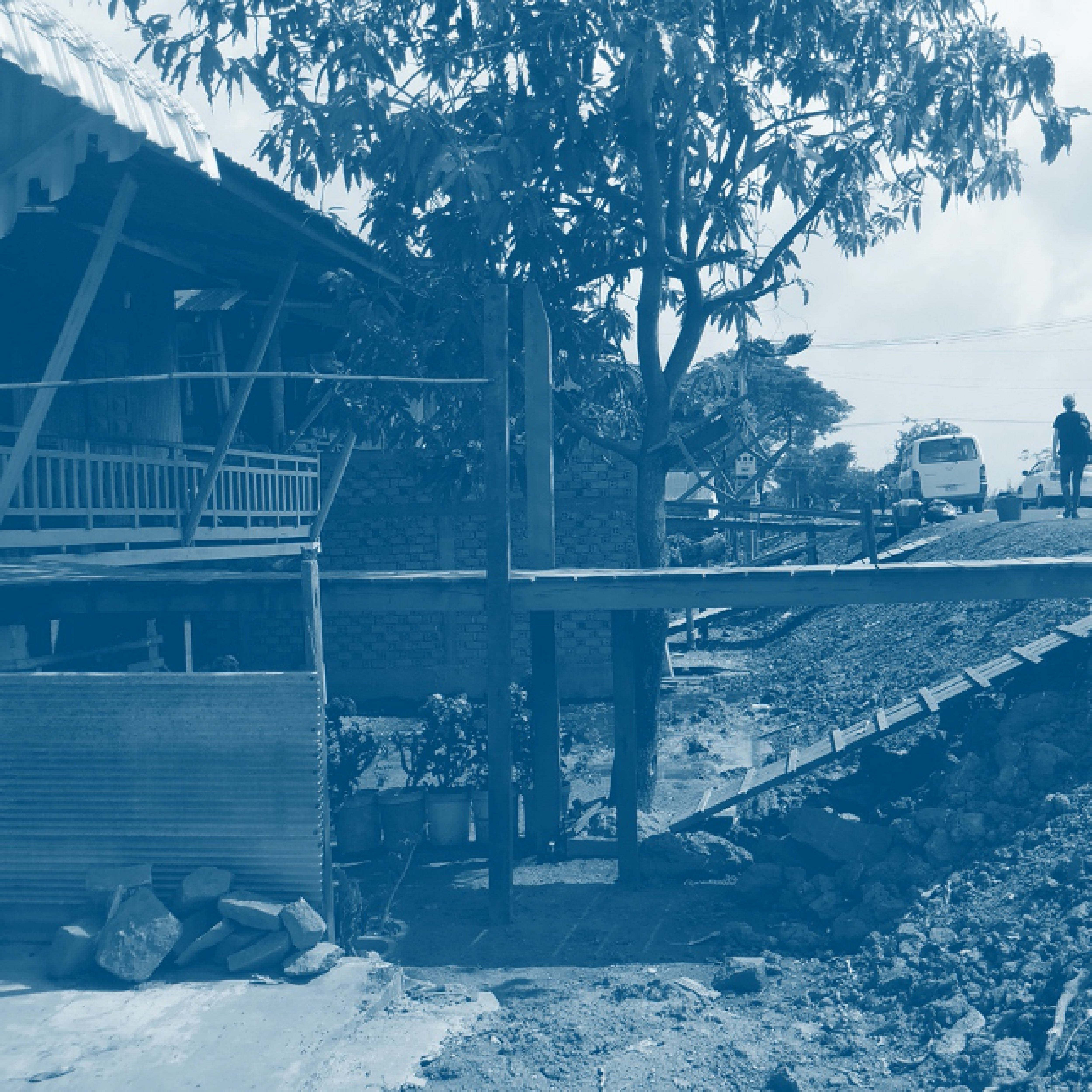
Which new actors will emerge and shape future infrastructures?
"Civil society is the vital and critical actor that will emerge and shape the future infrastructures. Our communities have the strongest power to change the future. That’s why we have to make sure that our capacities and the capacities of future actors of change are constantly evolving and advancing through progressive research, science and knowledge exchange. We have to act as open communities that learn from and support each other."
Engaging communities in planning processes, Kratié, Cambodia
© Ania Wilk-Pham
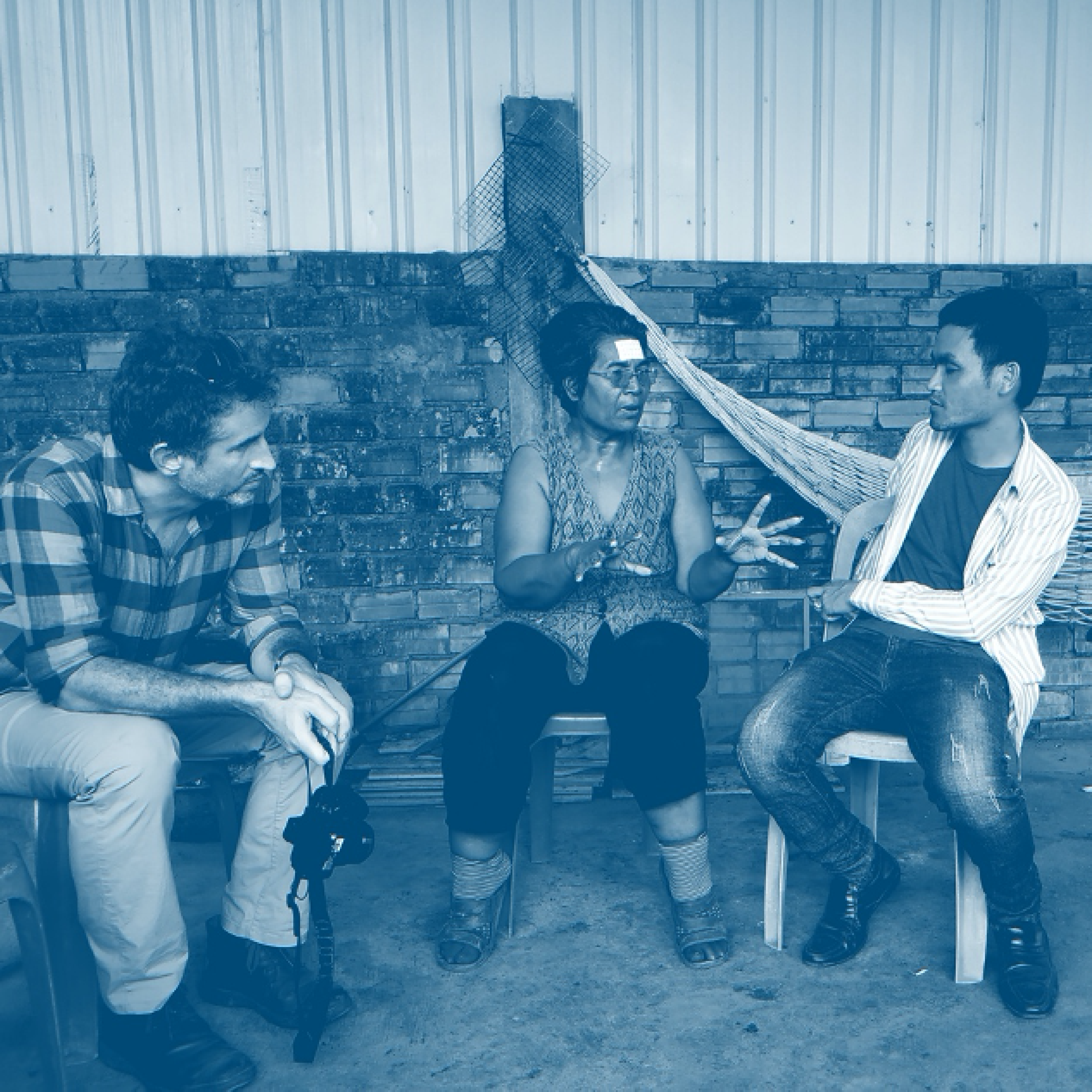
About the author:
PolyUrbanWaters is a research and project network funded by the German Federal Ministry of Education and Research (BMBF) that consists of academic institutions, municipalities, local and national government agencies, civil society and private-sector stakeholders from Indonesia, Cambodia, Laos, Thailand, Vietnam and Germany.
Working through this network and on the ground in three pilot cities, the PolyUrbanWaters project aims to generate comprehensive scientific knowledge that helps develop practice-relevant strategic planning models for fast-growing cities and peri-urban areas in Southeast Asia, enabling them to implement polycentric approaches for water-sensitive urban development.
BB2040
[EN] Berlin Brandenburg 2040 was initiated by the Habitat Unit in cooperation with Projekte International and provides an open stage and platform for multiple contributions of departments and students of the Technical University Berlin and beyond. The project is funded by the Robert Bosch Foundation.
[DE] Berlin Brandenburg 2040 wurde initiiert von der Habitat Unit in Kooperation mit Projekte International und bietet eine offene Plattform für Beiträge von Fachgebieten und Studierenden der Technischen Universität Berlin und darüberhinaus. Das Projekt wird von der Robert Bosch Stiftung gefördert.

